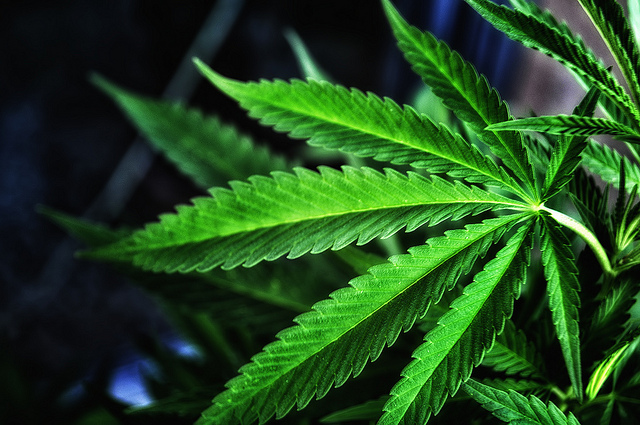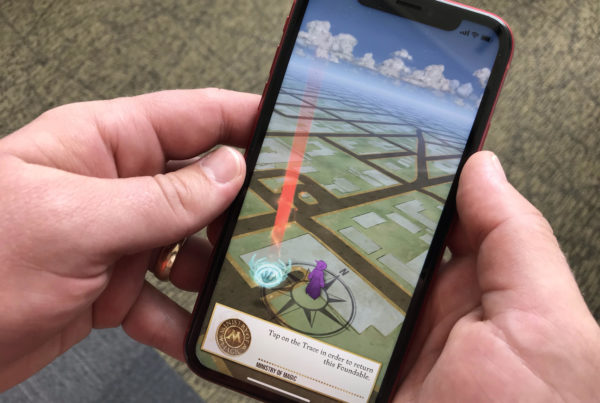The Standard’s news roundup gives you a quick hit of interesting, sometimes irreverent, and breaking news stories from all over the state.
District attorneys for a handful of the most populous counties in Texas have announced they won’t prosecute most low-level marijuana cases. As Houston Public Media’s Andrew Schneider explains, this policy comes in response to a new state law legalizing hemp that took effect June 10.
In the Texas legislative session, House Bill 1325 redefined hemp as containing a maximum of .3 percent THC – that’s the psychoactive compound in cannabis. Lawmakers determined that would make it safe for industrial harvest and production.
As a result, marijuana is classified as having a THC concentration of more than .3 percent. Harris, Fort Bend, Bexar and Nueces counties, have claimed that changes how they can prosecute marijuana offenses.
Dr. Peter Stout heads the Houston Forensic Science Center, and says now labs will have to quantify the amount of THC, which is more complex and expensive.
“On the 9th we had one definition of marijuana and on the 10th it was a different definition of marijuana and no time in there to adapt testing,” Stout says.
He says there are only two other accredited laboratories in Texas that could conduct this test, and he expects backlogs.
E. coli bacteria is a big source of food-borne disease in the United States. Now, new research at the University of Texas may have found a drug that can help treat people sickened by E. coli. And Mose Buchele with KUT News says the drug is already available.
One problem with treating E. coli is that it can produce toxins, called shiga toxins that actually increase in the body if you use antibiotics on the patient. This new research says that tamoxifen, a drug already used to treat breast cancer, blocks those toxins from getting into human cells. Because the drug is already approved by the FDA. It could become available to treat E. coli faster because it won’t have to go through as many safety trials. But researchers say there’s still need for more testing, including clinical trials in humans, to confirm the drug’s effectiveness.
AAA Texas is encouraging people to have a plan to get home from July 4th festivities. Spokesperson Joshua Zuber says AAA is also offering its Tipsy Tow program to drivers who have exhausted all other options for returning home safely.
“It’s a free program available to anyone, you don’t have to be a AAA member, as a last resort, starting on July 4 at 6pm and goes until 6am on July 5,” Zuber says.
The program provides a free tow home or to a hotel within 10 miles.
The phone number for Tipsy Tow is 1-888-4-HELP.















